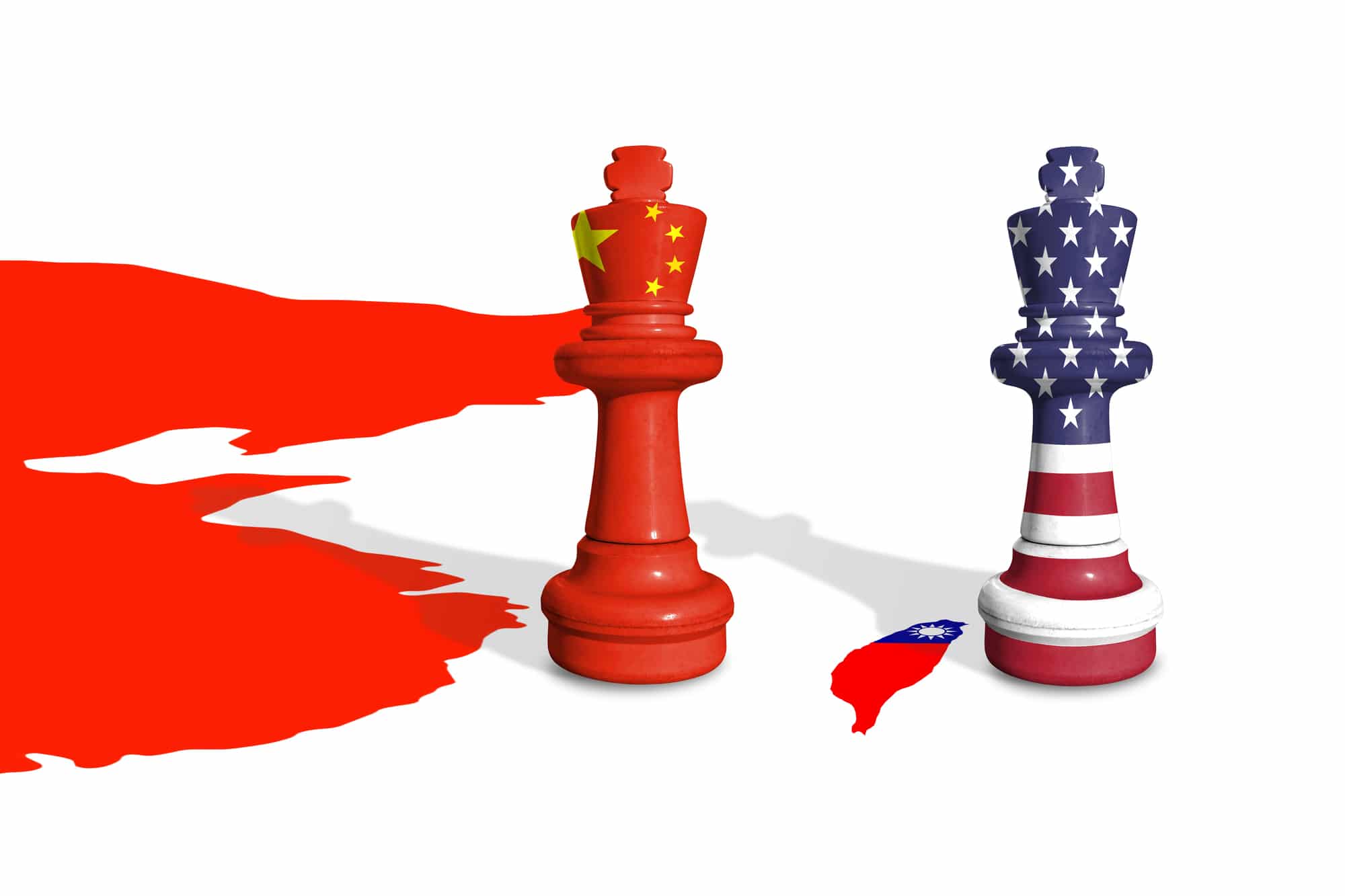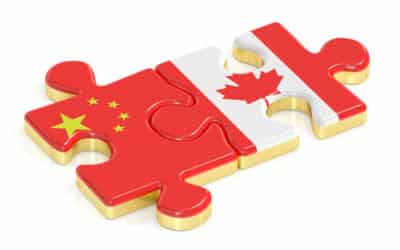President Donald Trump professed to be extremely pleased with the results of his recent summit meeting with Xi Jinping in South Korea. Indeed, with his typical hyperbole, he rated it “a 12 out of 10.” Trump expressed special satisfaction with the conclusion of new trade agreements that significantly eased bilateral economic tensions between the United States and the People’s Republic of China (PRC). In what amounted to a casual comment, he also stated that he had received a pledge from Xi that the PRC would not take any military action to change Taiwan’s political status during the remainder of Trump’s term. Interestingly, neither the United States nor PRC documents summarizing the summit indicated that the Taiwan issue was discussed at all—a very surprising omission given the usual importance of the topic.
More-neutral observers were less overwhelmed by the summit’s results. Critics contended that the economic agreements amounted to little more than a temporary cease fire in the tariff wars that had raged between the two countries since Trump took office in January 2025. The new steps largely restored the status quo ante, with tariff rates mostly returning to the levels that existed before all the recent posturing and blustering by Washington and Beijing.
Trump’s comments about his alleged pledge from Xi are more interesting and potentially much more significant. If such a substantive “understanding” now exists between Beijing and Washington that the PRC will not take any military actions to change Taiwan’s political status, it would ease tensions in an especially volatile and dangerous global geostrategic hotspot. There are, however, some reasons to doubt Trump’s rosy interpretation. For one thing, the alleged pledge would be a sharp change in Beijing’s rhetoric and conduct for the past several years.
The PRC sought to strangle Taiwan in the global diplomatic arena throughout the eight-year tenure of former Taiwanese president Tsai Ing-wen. In response to vigorous lobbying campaigns by Beijing that combined roughly equal amounts of bribery and threats, ten of the twenty-two small nations that still maintained diplomatic relations with Taipei when Tsai took office in 2016 switched ties to Beijing. The attempted intimidation, coercion, and isolation of Taiwan occurred not only on the diplomatic front, however. Beijing also sharply increased the number and scope of its military exercises in the vicinity of Taiwan.
Both trends have grown more pronounced under Tsai’s successor, Lai Ching-te (William Lai), since he took office in May 2024. The PRC’s menacing military maneuvers are especially noticeable. Beijing dislikes Lai even more intensely than it did Tsai. She was a member of the “light green” (more restrained and pragmatic) faction of the pro-independence Democratic Progressive Party (DPP). Lai unsubtly favors the goal of formal independence that the “deep green” faction pursues. His confrontational course seems aimed at securing eventual international recognition of Taiwan’s (currently de facto) independence and a firm commitment from the United States and its allies to defend Taiwan from PRC coercion.
Lai also is waging a bitter internal political war with the more moderate Kuomintang Party, which favors a decidedly softer, less confrontational policy for dealing with Beijing. The DPP and its rival have both adopted highly questionable tactics to undermine the other. It is an increasingly tense political environment with Lai holding the presidency but a KMT-led coalition controlling the legislative branch. In July 2025, voters rejected an effort by Lai to purge targeted opposition legislators through an unprecedented recall vote.
Lyle Goldstein, a prominent scholar on East Asia issues and Director of the Asia Program at Defense Priorities, voices deep concern about Lai’s goals and temperament. “Instead of taking a low profile and playing down any claims to Taiwan’s independent status like his more cautious DPP predecessor Tsai Ing-wen, Lai has lurched toward formal independence with a succession of speeches making the case for Taiwanese nationhood,” he writes.
Indeed, Lai devoted nearly all of his initial national address to making the case for Taiwan’s right to sovereignty. As one prominent Taiwanese columnist noted:
“Never before has a Taiwanese president devoted an entire speech to laying out clearly, point-by-point and unequivocally how Taiwan is unquestionably a sovereign nation.”
Even if Xi and Trump are sincere about wanting to take the Taiwan issue off the front burner, it is crucial to remember that other players also are involved. Lai Ching-te is perhaps the most important, and he is definitely the most disruptive.
Indeed, it is imperative to remember that support for Taiwan’s defense is powerful and thoroughly bipartisan in Congress and throughout the political and foreign policy communities in the United States. Trump and Xi may wish to avoid a crisis, but Lai and his hardline supporters have every incentive to push the envelope regarding formal independence for Taiwan. The PRC certainly has military options for challenging such a move. Although an outright invasion is unlikely given the excessive risk of triggering a full-scale war with the United States, more limited measures are possible. Beijing could impose a partial or total naval blockade on Taiwan, daring Washington and its allies to try to break that blockade. The PRC could seize one or more of the small islands in the South China Sea that Taipei claims as its own territory. An alternative would be to seize the small islands of Kinmen and Matsu lying just a few miles off of the PRC coast. Either assault would send an emphatic warning to the Lai government and put Washington in the delicate position of deciding whether it wanted to confront China militarily over such meager, largely symbolic, stakes.
Given the strong, pervasive support for democratic Taiwan in the United States, it would be foolhardy merely to assume that Washington would abandon its popular client to avoid a military crisis. Lai and his supporters understand that dynamic as well. Trump and Xi probably want the Taiwan issue to remain quiescent, but it remains extremely uncertain if they will get their wish.
































